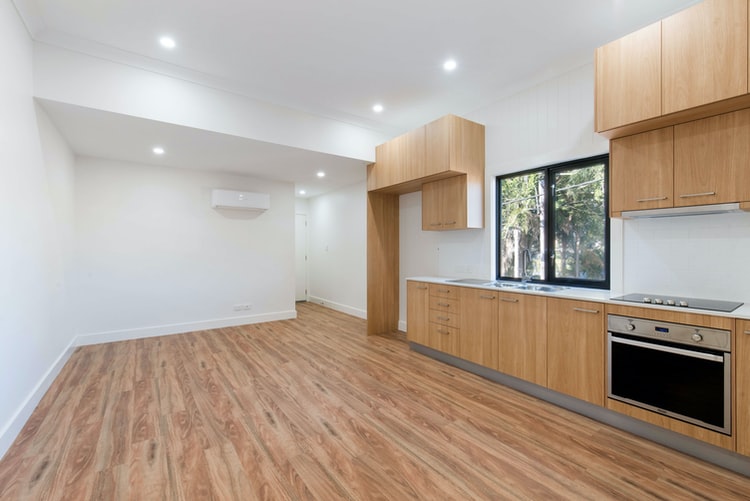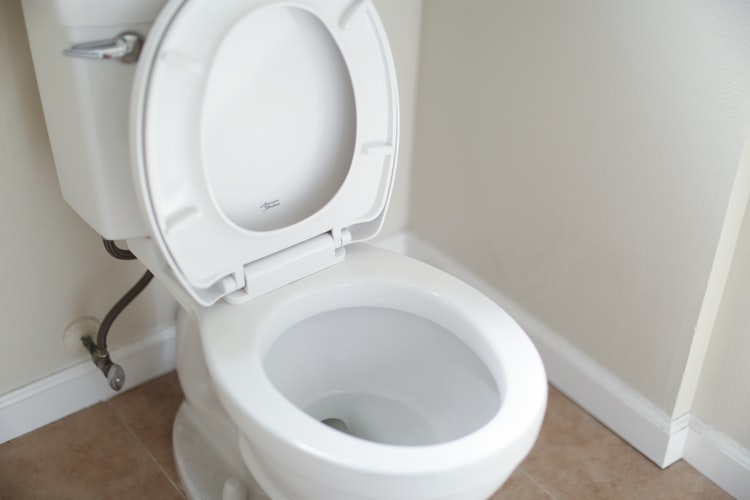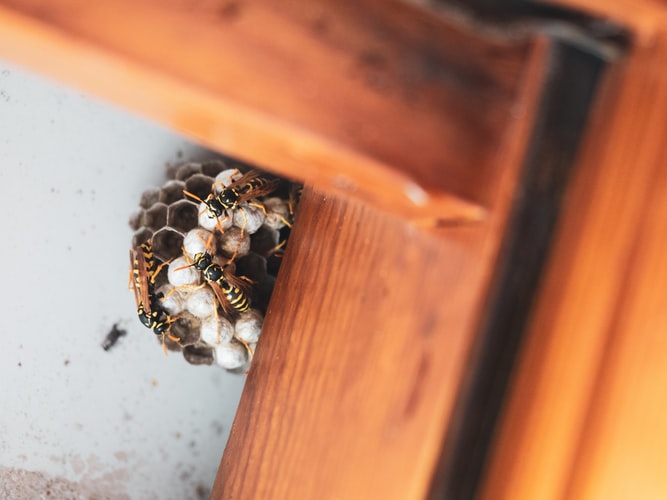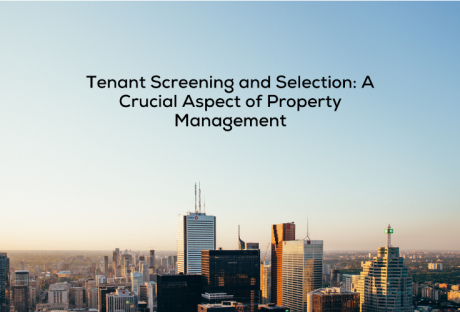St. Albans, a city with a 2000-year history, is just an 18-minute rail trip from London. It is home to the country’s longest nave cathedral, the UK’s only fully excavated Roman amphitheater, England’s oldest tavern, magnificent coaching Inns, and much more.
For commuters, living in St Albans is an excellent option. The town has strong London commuter connections. The region also provides the luxury of more affordable housing than many parts of the city.
Renting a home in St. Albans as a family is a great idea as it has plenty of amenities for easy and comfortable living. St Albans neighborhood is filled with excellent healthcare facilities, schools, and entertainment options. You can find the best property that suits your needs with the help of letting agents in St Albans who can make the letting process easier.
On the other hand, if you are on a property UK hunt and you have shortlisted a few properties, we have prepared a list of things that you need to look for while renting a home in St. Albans.
1. Look for damage or stains on the floors, walls, and carpets
The flooring, walls, and carpets are usually the first things you notice when entering a residential rental home. While it’s normal for the walls to have a few small holes from the previous tenant’s pictures or art (provided the landlord didn’t repaint or repair the walls after the previous tenant moved out), and the hardwood floors to have a few small scuffs, you’ll want to make sure that more obvious damage (like large holes in the walls or noticeable stains on the carpets) is noted in the inspection report.
Usually, landlords take pictures of the damages. If not, you can photograph them for reference so that it does not affect your deposit in the future.
2. Make sure that the windows, lights, and light switches all work
If you’re looking at the rental apartment during the day and there’s plenty of natural light, you might forget to turn on the lights in every room to make sure they’re working. Remember to switch on and off all lights and switches, and also, it’s a good opportunity to check with the landlord to see if you’ll be liable for replacing light switches or bulbs in light fixtures if they don’t seem to work.
3. Examine the thermostat as well as the HVAC (Heating, Ventilation, and Air Conditioning) system
In a rented unit, the thermostat should display a temperature that corresponds to what you believe the temperature should be. So, for example, if an apartment you wish to rent is clearly cold yet the thermostat display indicates that it is at room temperature, it’s a good idea to check with your landlord to see if the air conditioning is working properly.
4. Check to see whether any safety equipment, such as smoke alarms, is operational
If you live in a rental home and there is an emergency, you want to know that the safety devices, such as smoke detectors and carbon monoxide detectors, are functioning properly so that you can be notified of the danger. If you discover a smoke detector that isn’t lit up (the light or lights on the device aren’t on), you should ask your landlord to make sure these devices are operational before you move in.
5. Make sure the toilet and faucets in the bathroom are working
When you’re completing a tour with the landlord of a rental suite, you might not think about flushing the toilet or turning on the bathroom faucets. Even if there are no obvious problems (such as cracks in the toilet or a missing handle on the faucet), it’s a good idea to examine them just to be sure the plumbing is in good operating order.
6. Inspect the kitchen, refrigerator, stove, and sink
You might not think to turn on the oven and check the temperature of the fridge in the kitchen, just as you might not think to check the toilet and sink in the bathroom. The fridge, stove, oven, and sink in the kitchen are all examples of how appearances may be deceiving: just because there is no visible physical damage does not mean that everything is in working order.
7. Check if there are pests
You don’t want to move into a new apartment only to discover that there’s a pest problem, such as bed bugs or cockroaches, so make sure you’re on the lookout for signs of pests during your walkthrough of the rental property. When cockroaches are an issue, for example, sticky traps are commonly used, so if you find them about the premises, you should absolutely inquire as to why they are there.
8. Things to do as a tenant
Before you decide to rent a residential property, make sure you consider not just what’s around the property, such as public transportation, parks, and schools, but also what’s inside the rental property. It’s never joy moving into a new place only to discover a slew of minor flaws that you’ll have to bug your new landlord to repair. Keep eyes on basic rights you can have as a tenant, and you may easily avoid taking responsibility for most faults in your rental by bringing them up during your move-in walkthrough with your landlord.
Read Also:

























